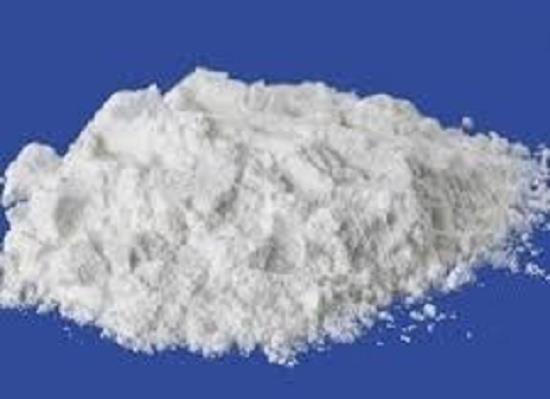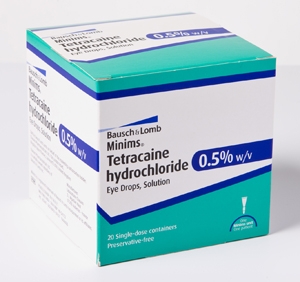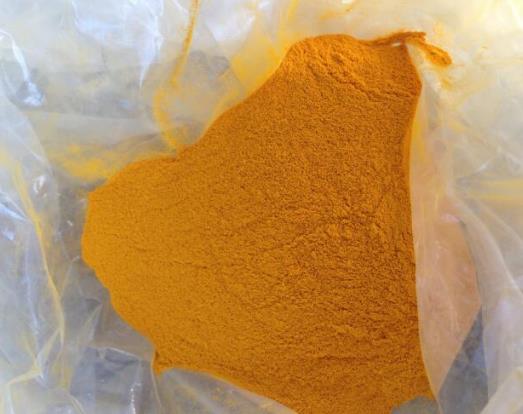Tetracaine Hydrochloride: A Comprehensive Overview
Introduction
Tetracaine Hydrochloride (TTC) is a long-acting local anesthetic commonly used for topical anesthesia. It is used in ophthalmology for diagnostic purposes as well as for surgical and postoperative treatment. Chemically, it is an ester compound that hydrolyzes to n-butyldimethylaminobenzoic acid and dimethylaminoethanol. Due to its ester structure, TTC is stable at lower pH values. Currently, it has been widely used in ocular treatment.
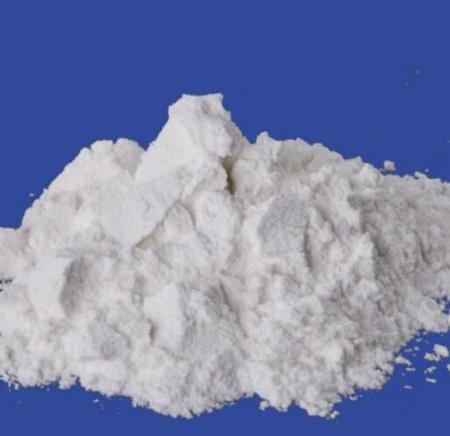
Figure 1 Characteristics of Tetracaine hydrochloride
Pharmacological Action and Mechanism of Action
Studies have shown that TTC has bactericidal effects. However, magnesium ions have an adverse effect on the inhibitory and bactericidal effects of TTC in vitro. Studies have shown that tetracaine works by disrupting cell membranes. The lytic action of lysozyme is enhanced by tetracaine; this finding indicates that cell wall permeability is enhanced. Changes in cell wall permeability indicate that cells exposed to subinhibitory doses of tetracaine are sensitive to erythromycin, which is otherwise ineffective. In addition, TTC exerts cytotoxic effects on certain cell types by inducing apoptosis and necrosis. TTC alone can induce macrophage pyroptosis mediated by typical and atypical inflammatory caspases.
Benefits
Studies have found potential benefits in the use of local anesthetics in cancer patients. This is due to the potent antitumor effects of tetracaine against a variety of cancers, including neuroblastoma, breast cancer, and melanoma. TTC was found to inhibit melanoma cell growth and arrest melanoma cells in the G0/G1 phase. TTC treatment resulted in the translocation of hnRNPA1 from the nucleoplasm to the nuclear membrane and decreased the protein stability of hnRNPA1, which may be achieved by disrupting the dynamic balance of ubiquitination and lactamase. Elevated hnRNPA1 upregulated cyclin D1 to promote the cell cycle in melanoma. hnRNPA1 overexpression attenuated the effects of TTC on melanoma cell growth inhibition and cell cycle arrest. In addition, melanoma homograft experiments showed that TTC inhibited melanoma growth, while hnRNPA1 overexpression alleviated the antitumor effects of tetracaine on melanoma. This suggests that TTC has a potent anti-tumor effect on melanoma both in vivo and in vitro, and that the effect involves inducing cell cycle arrest by downregulating hnRNPA1.
Safety
Tetracaine Hydrochloride Eye Drops may sting or burn when first used, and your vision may become blurred. But this is mild and will gradually disappear. Other possible side effects include: itching, discomfort, sensitivity to light, soreness of the skin around the eyes, superficial defects or swelling of the cornea. Most importantly, use with caution if you are allergic to this product. Contact your doctor promptly if any serious adverse reactions occur.
References:
[1] MOHAMMAD CHANGEZ A K D Jagdish Chander. Transdermal permeation of tetracaine hydrochloride by lecithin microemulsion: In vivo[J]. Colloids and Surfaces B: Biointerfaces, 2006, 48 1: 1-100. DOI:10.1016/j.colsurfb.2006.01.007.[2] A. SRIVASTAVA K I J Dey. Interaction of tetracaine hydrochloride with sodium deoxycholate in aqueous micellar phase and at the surface[J]. Colloids and Surfaces A: Physicochemical and Engineering Aspects, 2015, 466: 1-218. DOI:10.1016/j.colsurfa.2014.11.001.
[3] RAN ZHANG. Tetracaine hydrochloride induces macrophage pyroptosis through caspase?1/11?GSDMD signaling pathways.[J]. Experimental and therapeutic medicine, 2023, 26 3. DOI:10.3892/etm.2023.12127.
[4] XIANG HUANG . Tetracaine hydrochloride induces cell cycle arrest in melanoma by downregulating hnRNPA1[J]. Toxicology and applied pharmacology, 2022, 434. DOI:10.1016/j.taap.2021.115810.
Related articles And Qustion
See also
Lastest Price from Tetracaine hydrochloride manufacturers

US $0.00-0.00/kg2025-11-18
- CAS:
- 136-47-0
- Min. Order:
- 1kg
- Purity:
- 98%-101%; CP
- Supply Ability:
- 500KGS
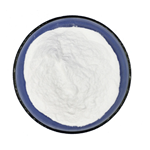
US $28.00-15.00/g2025-11-03
- CAS:
- 136-47-0
- Min. Order:
- 10g
- Purity:
- 99%
- Supply Ability:
- 300tons


